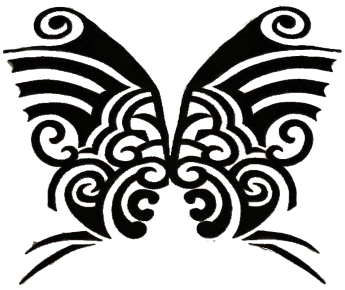Forget Charity! Empower human brains!
Ideology & Perspectives
principles

The sovereign right to control our personal data, beliefs, time, property, money or political choices.
Our suffrage platform focuses on delivering in three core areas: deliberation, mobilization, and secure voting. Using blockchain technology and a dynamic architecture that enables transparency and security, we expect to make every voice count on a national scale, starting with several communities in Venezuela.
Mission
Providing a sustainable digital identity model for our evolving global society.
Most identity systems are centrally planned and managed, do not integrate or link to other systems, do not place the identity owner in a place of entitlement and power, and lead to inefficiencies, data leaks, threats, loss of privacy and identity theft. Because of their sheer size, these centralized databases containing millions (or billions) of identity records are high-value targets for hackers.
Open dialogue informs better decision making.
Using blockchain technology and a dynamic architecture that enables transparency and security, the platform focuses on delivering in three core areas: considered deliberation of decisions, effective mobilization of communities, and facilitation of secure voting. By putting these powerful tools into the hands of communities all over Venezuela, we would be making every voice count on a national scale.
Self-Sovereign Identity
Estonian life gets done “on the blockchain” through its use of verified digital identities. Nearly every one of the country’s 1.3 million citizens has an ID card, which functions not only as a driver’s license or passport, but uses a 2048-bit public key encryption that allows a person to be verified in an online environment. This is what allows a person digital access to things such as the voting system or the ability to fill a medical prescription.
ready to achieve
Self-Sovereign Identity
Decentralized Internet and Communications
Open dialogue informs better decision making.
From shareholder voting through to official government elections of all scales, blockchain offers one of the world’s most powerful and reliable digital ballot box systems.
Whether it’s secure digital fundraising or inspiring community groups to organize themselves; enable grass roots community organization by putting the tools of empowerment in their hands.
Through blockchain solutions, we aim to provide a set of surveying and polling tools to capture collective opinions and distil them into actionable insights for enterprise, community groups and local government.
Our aim here is to leverage the powerful capabilities of the blockchain to decentralized social media platform and the fake news environment that surrounds us at a local and global level.
The Chinese and Russian regimes pioneered the use of surreptitious methods to distort online discussions and suppress dissent more than a decade ago, but the practice has since gone global. In the U.S., 90% of news coverage—whether it’s written content, television broadcasts, or radio—is controlled by just 6 gigantic media conglomerates. In Venezuela, the situation is even worse, as government media companies are controlling the vast majority of what gets published and aired, which means they’re controlling how most of the public perceives current events.
In their most recent 2017 report research concluded that only a dismal 23% of the world’s internet users have free, unrestricted, and uncensored internet access. Many countries mark themselves out not just for their capacity to censor news and information online but also for their almost systematic repression of Internet users. Venezuela should never again be one of the countries on that list.
Your family, your country, your world will thank your partnership
A secure digital identity for citizens to access their national registries for health, judicial, legislative, security, commercial code systems and all public services.
Fortunately, there are countries like Estonia, whose Blockchain Model since 2012 provides citizens and residents with secure digital identities through which they can access their national registries for health, judicial, legislative, security, and commercial code systems and all public services. In Estonia, the word “secure” means that for instance, teachers can enter academic marks onto someone’s record but cannot pull up their medical history, and there are rigorous filtering and restrictive processes in place that allow this to take place. So, if someone views or accesses another’s data without authorization, they can be prosecuted.




